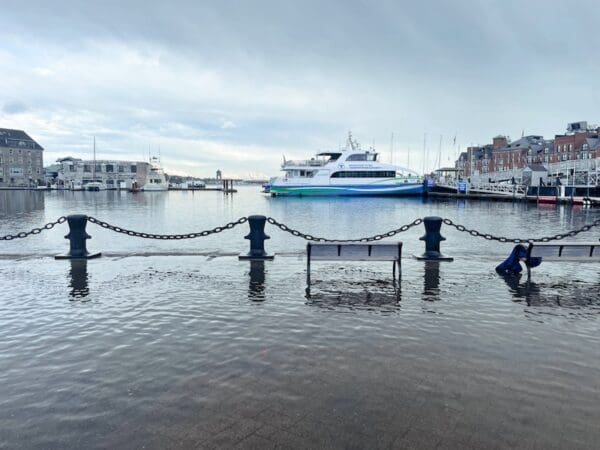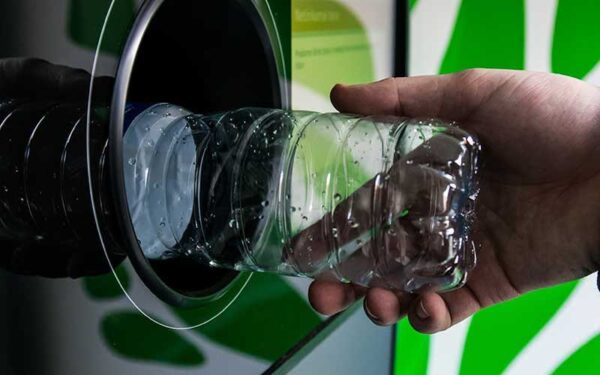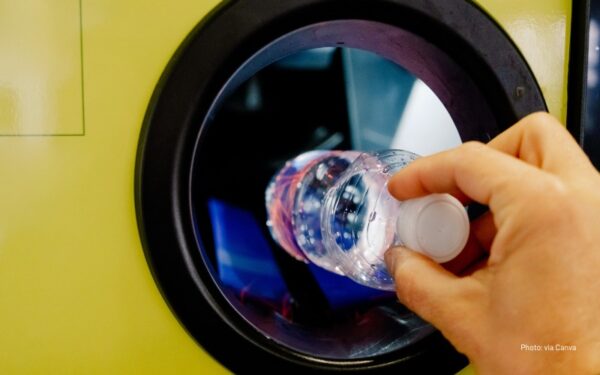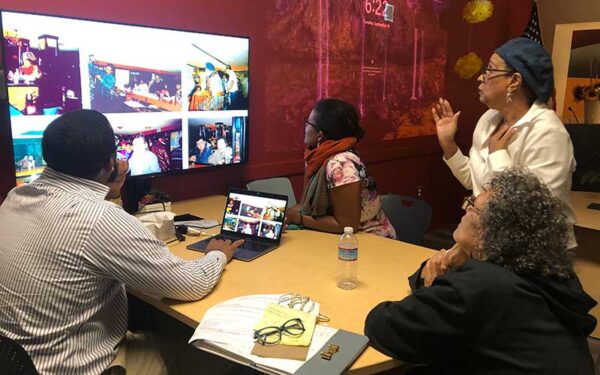Massachusetts Needs to Ramp Up Action to Cut Carbon Pollution by 2050
The Healey administration’s climate report card shows more work needed on equity, transportation, and clean power.

The Healey administration’s climate report card shows more work needed on equity, transportation, and clean power.

Rhode Island has a litter problem. Learn how passing a bottle bill can make a difference for our communities and the environment.

Weather whiplash, unpredictable weather patterns and extreme weather are becoming increasingly frequent. These are changes we can see and feel and it’s time to prepare.

“Single-use containers are a scourge on our communities and choke our waters with litter,” said Nora Bosworth, Zero Waste Attorney at CLF. “Updated bottle and can redemption systems are a proven way to reduce plastic pollution and ensure that these materials are recycled into new products. Vermont has missed a serious opportunity to slash pollution and protect our environment today.”

How does your state stack up in this report card? Could your elected officials be doing more to cut litter and keep bottles out of landfills?

“Fossil gas is polluting our planet and harming Mainers right in their own homes,” said Emily K. Green, Senior Attorney at CLF Maine. “We can’t keep talking out of both sides of our mouths, setting aggressive climate mandates while allowing gas utilities to carry on with business as usual. It’s past time to take a hard look at the ever-expanding gas network and plot our transition away from fossil fuels for good, and this bill is a great step in that direction.”

The Healthy Neighborhood Study initiative is helping to revitalize New Bedford by celebrating its rich cultural history.

Commuters know the frustration of MBTA Slow Zones all too well. Learn why these restrictions exist and what we need to prevent them for good.

The new Climate Action Plan update is a much needed step toward New Hampshire’s clean energy future.

“There are so few right whales left that every death brings this species closer to extinction,” said Erica Fuller, a senior attorney for the Conservation Law Foundation.